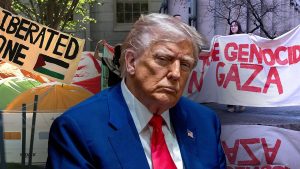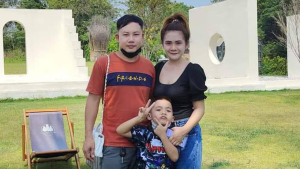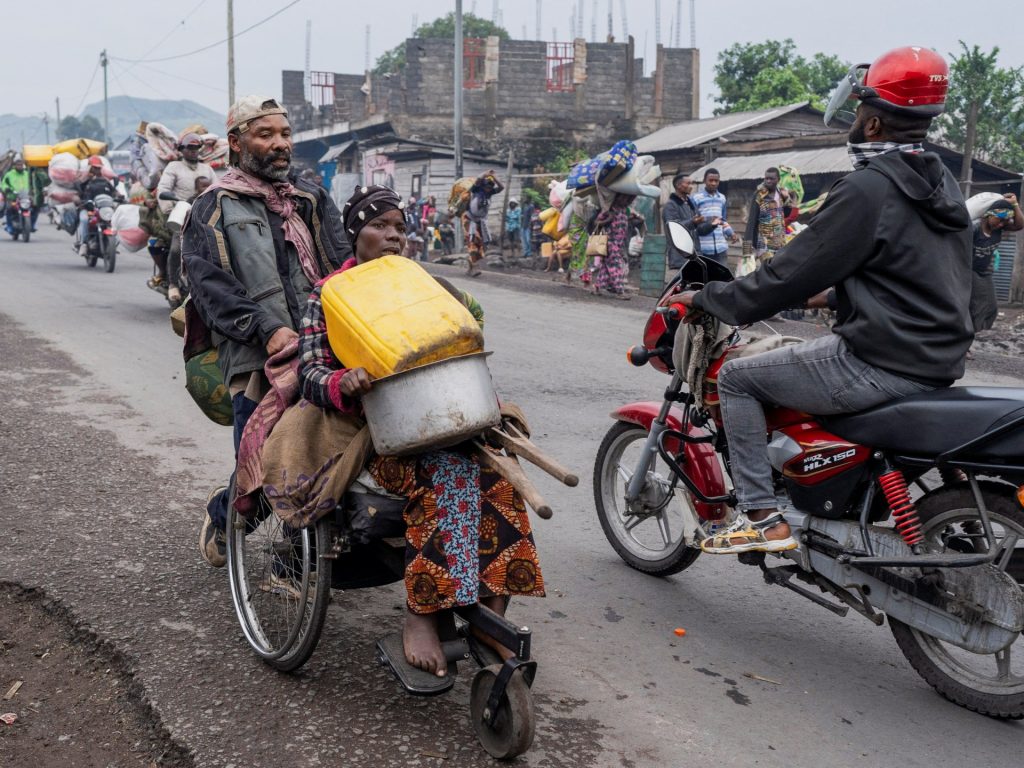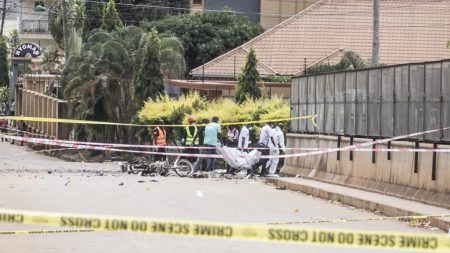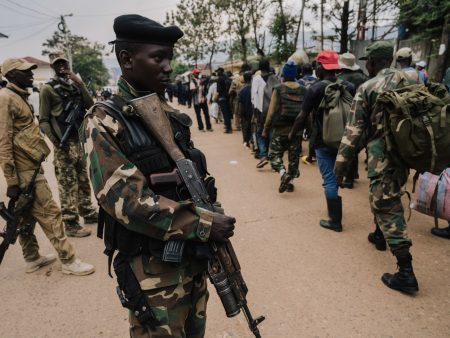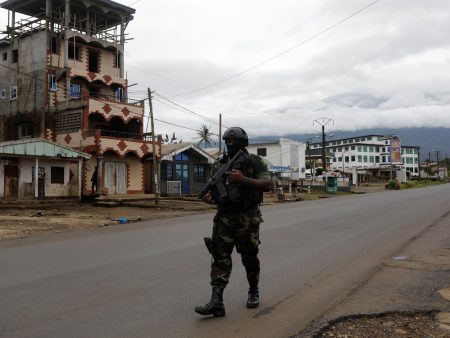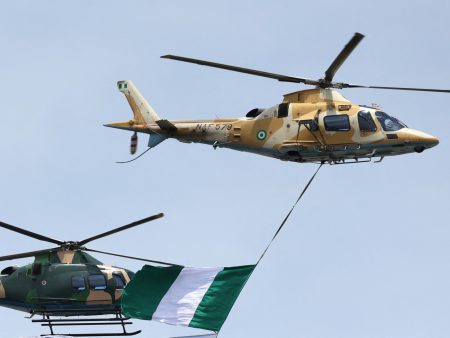The escalating conflict in the Democratic Republic of Congo (DRC) has reached a critical juncture, with M23 rebels, allegedly backed by Rwandan forces, advancing on the strategic city of Goma. UN Secretary-General Antonio Guterres has issued a strong condemnation of the M23 offensive and urged the rebels to immediately cease hostilities and withdraw from occupied territories. Simultaneously, he has called upon Rwanda to halt its support for the M23 and withdraw its forces from Congolese territory. The situation has prompted an emergency UN Security Council meeting where the DRC has demanded sanctions against Rwanda, accusing its neighbor of a blatant act of war. This rapidly deteriorating situation threatens to destabilize the entire region and poses a grave humanitarian crisis as thousands of civilians flee the advancing rebels.
The DRC’s accusations against Rwanda are not new. The Congolese government and the UN have long maintained that Rwanda provides support to the M23, a claim consistently denied by Kigali. However, the recent intensification of fighting and the M23’s rapid territorial gains have lent credence to these allegations, prompting increased international scrutiny of Rwanda’s role in the conflict. The DRC’s foreign minister, Therese Kayikwamba Wagner, presented compelling evidence to the UN Security Council, claiming that Rwandan troops had openly crossed the border into Congolese territory, constituting a “declaration of war.” This direct accusation underscores the severity of the situation and the urgent need for international intervention to prevent further escalation.
The emergency UN Security Council meeting, convened earlier than scheduled due to the recent killing of UN peacekeepers, highlights the growing concern within the international community. France and the United Kingdom, echoing the sentiments of the UN Secretary-General, have also pressured Rwanda to end its involvement in the conflict. France’s UN ambassador explicitly called for the withdrawal of Rwandan troops from the DRC, while the UK urged an end to attacks on peacekeepers, emphasizing the belief that these attacks are being carried out by the M23 with Rwandan support. The deaths of UN peacekeepers, including three from Uruguay and South Africa, further underscore the dangerous environment in eastern DRC and the risks faced by those attempting to maintain peace and stability. Seven other South African soldiers and three from Malawi serving in a separate Southern African mission were also killed this week.
The M23’s advance on Goma, a city of approximately one million people, has triggered a mass exodus of civilians fleeing the impending violence. Residents report hearing gunfire and artillery fire on the outskirts of the city, creating an atmosphere of fear and panic. The rebels’ proximity to Goma’s airport has led to the suspension of flights, further isolating the city and hindering humanitarian efforts. The UN has instructed its staff in Goma to seek shelter, indicating the seriousness of the security situation. The DRC’s decision to sever diplomatic ties with Rwanda reflects the complete breakdown of trust between the two countries and further complicates efforts to resolve the conflict diplomatically.
The historical context of the conflict adds another layer of complexity. Eastern Congo has long been a region plagued by instability and violence, a legacy of the Rwandan genocide and subsequent regional wars. The current conflict, now in its third year, has seen the M23 gain control of more territory than ever before, raising fears of a wider regional conflagration. The M23, a Tutsi-led rebel group, claims to be protecting the Tutsi population in the DRC. However, its actions have destabilized the region and caused immense suffering for the civilian population. The group’s sophisticated weaponry and professional training raise questions about the source of its support and further fuel suspicions of external involvement.
The situation in eastern DRC demands immediate and decisive action from the international community. The UN Security Council must consider the DRC’s call for sanctions against Rwanda and explore all available diplomatic avenues to de-escalate the conflict. A robust peacekeeping presence is crucial to protect civilians and ensure humanitarian access. Furthermore, a long-term solution requires addressing the root causes of the conflict, including ethnic tensions, competition for resources, and the proliferation of armed groups. The international community must work with regional actors to foster dialogue, promote reconciliation, and build lasting peace in this volatile region. The alternative is a protracted conflict with devastating consequences for the people of the DRC and the wider region.
